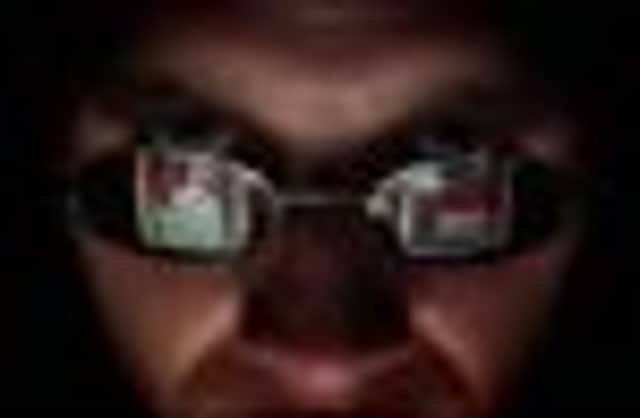Iceland proposes ban on online porn


• Porn already banned in Iceland but nor enforced
The proposal by Interior Minister Ogmundur Jonasson has caused an uproar. Opponents say the move will censor the web, encourage authoritarian regimes and undermine Iceland’s reputation as a Scandinavian bastion of free speech.
Advocates say it is a sensible measure that will shelter children from serious harm.
Advertisement
Hide AdAdvertisement
Hide Ad“When a 12-year-old types `porn’ into Google, he or she is not going to find photos of naked women out on a country field, but very hardcore and brutal violence,” said Halla Gunnarsdottir, political adviser to the interior minister.
“There are laws in our society. Why should they not apply to the Internet?”
Gunnarsdottir says the proposals currently being drawn up by a committee of experts will not introduce new restrictions, but simply uphold an existing if vaguely worded law.
Current ban
Pornography is already banned in Iceland, and has been for decades - but the term is not defined, so the law is not enforced.
Iceland’s left-of-centre government insists it is not setting out to sweep away racy magazines or censor sex. The ban would define pornography as material with violent or degrading content.
Gunnarsdottir said the committee is still exploring the details of how a porn ban could be enforced. One possibility would be to make it illegal to pay for porn with Icelandic credit cards. Another, more controversial, route would be a national Internet filter or a list of website addresses to be blocked.
That idea has Internet-freedom advocates alarmed. “This kind of thing does not work. It is technically impossible to do in a way that has the intended effect,” said Smari McCarthy of free-speech group the International Modern Media Institute. “And it has negative side effects - everything from slowing down the Internet to blocking content that is not meant to be blocked to just generally opening up a whole can of worms regarding human rights issues, access to information and freedom of expression.”
Despite its often chaotic appearance, the Internet is not a wholly lawless place. It is regulated, to varying degrees, around the world. Police monitor the net for child pornography and other illegal material, and service providers in many countries block offending sites.
Advertisement
Hide AdAdvertisement
Hide AdSome governments also censor the Internet at a national level - though the likes of authoritarian Iran, North Korea and China are not countries liberal Iceland wants to emulate.
Opposition
European countries including Britain, Sweden and Denmark ask Internet service providers to block child pornography websites, measures that have met with only limited opposition.
But broader filtering has mostly been resisted. A few years ago, Australia announced it would introduce an Internet filtering system to block websites containing material including child pornography, bestiality, sexual violence and terrorist content. After an outcry, the government abandoned the plan last year.
Critics say such filters are flawed and often scoop up innocent sites in their net - as when Denmark’s child pornography filter briefly blocked access to Google and Facebook last year because of a glitch.
On the streets of Iceland’s capital, Reykjavik, there was some support for a porn ban, but also skepticism about how it would work.
“I think this is a good idea, but I think it might be problematic to implement this,” said shop assistant Ragnheidur Arnarsdottir. “It is difficult to fight technology.”